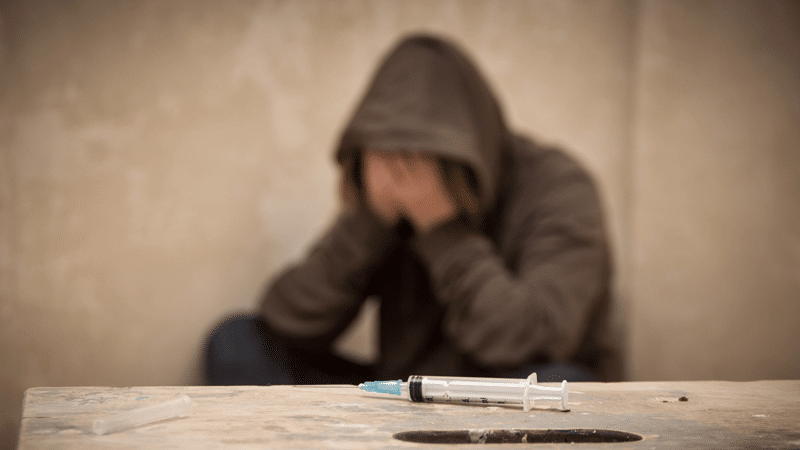Police officers who catch people with Class A drugs can issue a warning rather than pursue a prosecution, Scotland’s Lord Advocate has announced.
Dorothy Bain QC has told Holyrood that “simple possession” of dangerous drugs such as cocaine and heroin should no longer be treated as a serious criminal offence.
Her decision follows on the heels of a similar proposal made by the Scottish Government’s Drugs Deaths Taskforce in its recent report on drug law reform.
‘Decriminalisation’
Bain told MSPs that previous guidelines allowing the police to issue a warning for possession of Class B and Class C drugs would now be extended to Class A drugs.
But The Christian Institute’s Ciarán Kelly warned: “Drug-related deaths are already reaching record highs in Scotland. This policy is a green light to ruin yet more lives and families.”
Former chief superintendent Tom Buchan said: “This is a surrender – the white flag has gone up. It will have no benefits at all and it comes in the middle of a huge drugs emergency – it’s more soft-touch nonsense.”
And Scottish Conservatives leader Douglas Ross called the plan “reckless” and accused the SNP of “effectively pursuing the decriminalisation of drugs”.
Drug rooms
Prior to Bain’s announcement, the SNP’s drugs taskforce said it supported the extension of Recorded Police Warnings “in relation to drug possession offences to cover all classifications of drugs”.
The quango also advocated that “the Scottish Government should explore all options within the existing legal framework” to provide places for addicts to take drugs without risk of prosecution.
According to The Times, the Lord Advocate will now also consider allowing the introduction of officially sanctioned drug consumption rooms, or so-called shooting galleries, where addicts can inject themselves.
Misery
Last year, drug deaths reached a new record high in Scotland. National Records of Scotland reported that over 1,300 people died of drug misuse in 2020, more than three-and-a-half times higher than the figure for England and Wales.
Drugs legislation is dealt with at Westminster, but the Scottish Government has control over its approach to tackling the problem of drugs.
Earlier this year, the UK Government rejected yet another call to decriminalise drug possession in Scotland, making clear that decriminalisation would fail to address “the harms associated with drug dependence and the misery that this can cause to families and communities”.
Hospital admissions from drug use reach record high in Scotland
Drug-driving could soon exceed drink-driving in Scotland
Home Office rejects latest call to decriminalise illegal drugs in Scotland


